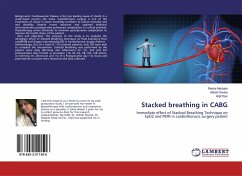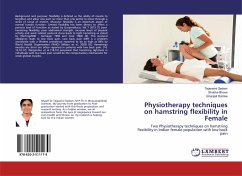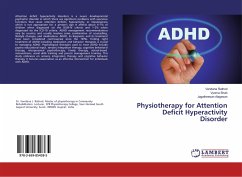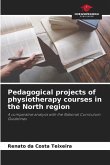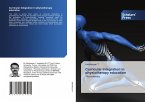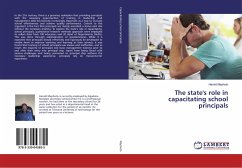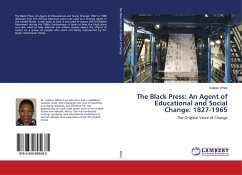Background: Cardiovascular Disease is the top leading cause of death in a south-Asian country like India. Cardiothoracic surgery is one of the treatments of choice in severe morbidity condition to reduce mortality rate and disability. Despite recent advances and updated technical instrumentation postoperative pulmonary complication is a critical problem. Physiotherapy works efficiently to minimise postoperative complication to improve the health status of the patient. Aims and objectives: The purpose of the study is to evaluate the immediate effect of Stacked Breathing technique on Peak Expiratory Flow rate[PEFR] and Oxygen Saturation[SpO2] in Cardiothoracic surgery Patient.Methodology: Out of a total of 119 screened patients, only 105 were able to complete the intervention. Stacked Breathing was performed by the patient twice daily [Morning and Afternoon] for 1st, 2nd and 3rd postoperative days termed as six-session [ IA, IB, IIA, IIB, IIIA, IIIB where, A=morning, B= afternoon and I to III is Postoperative day 1 to 3] pre and post-exercise outcome were measured and data collected.

